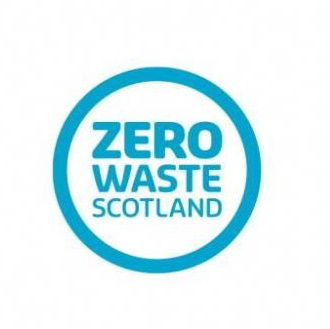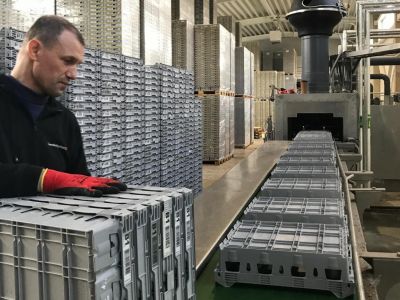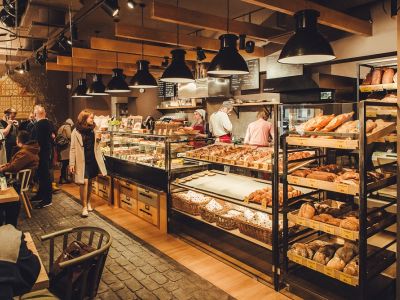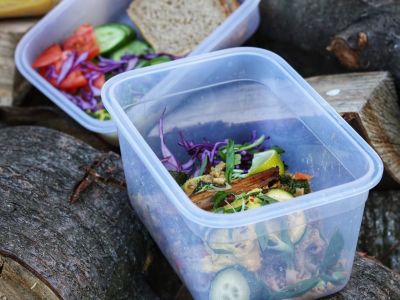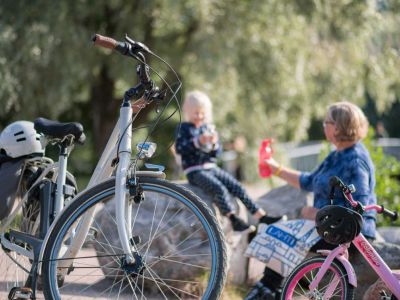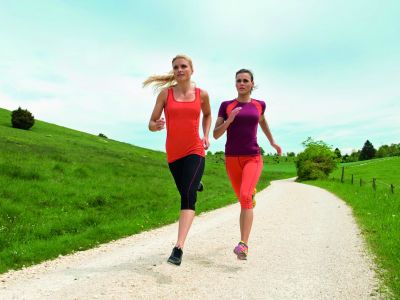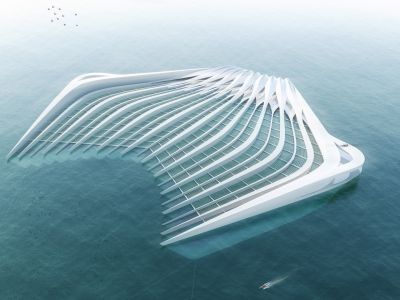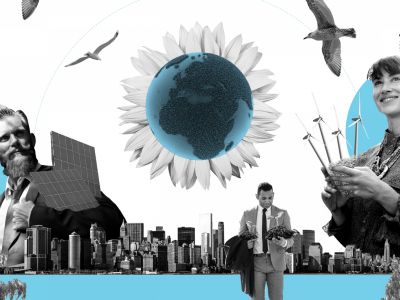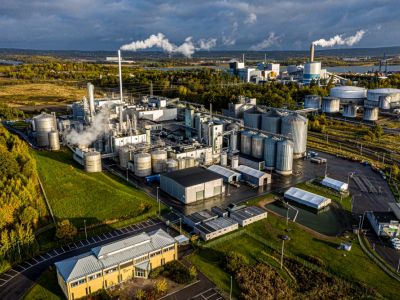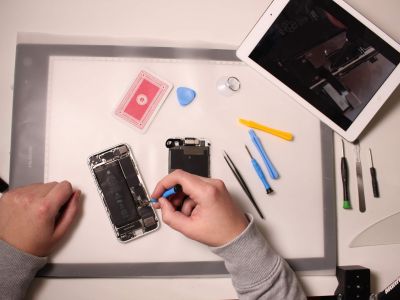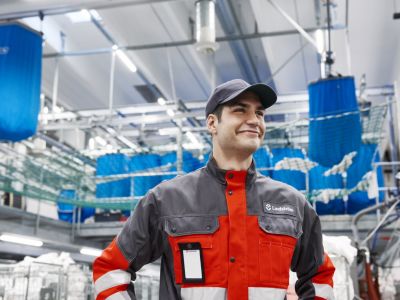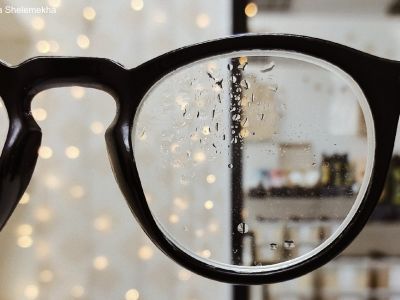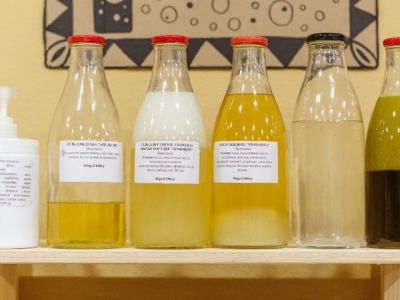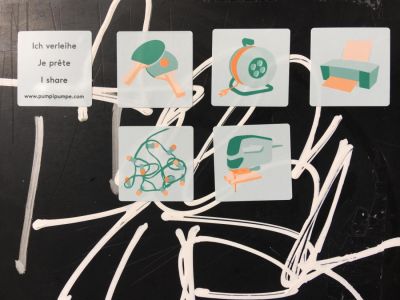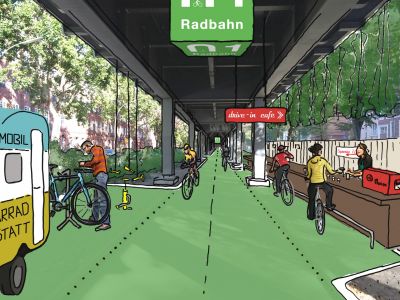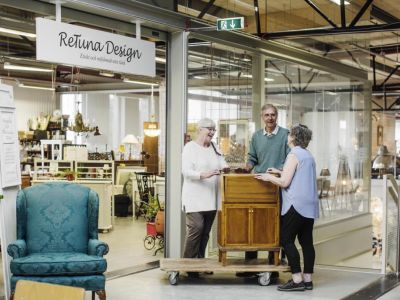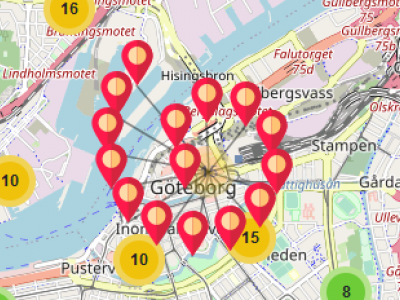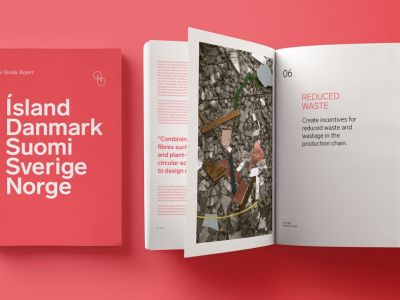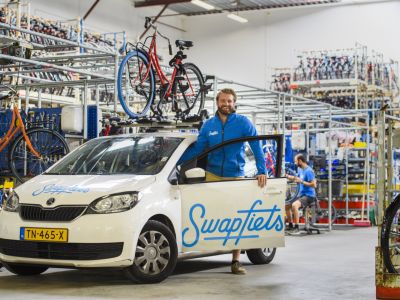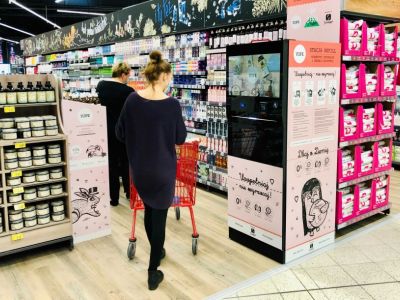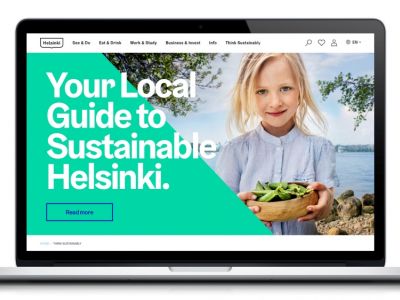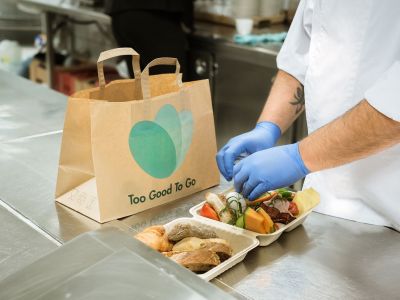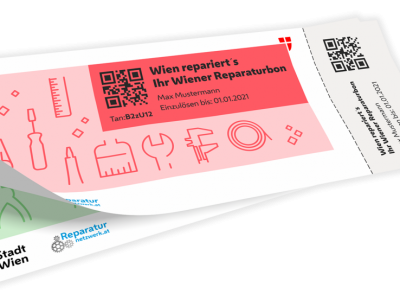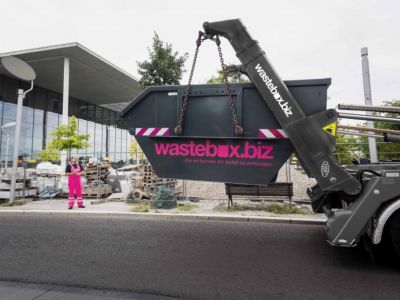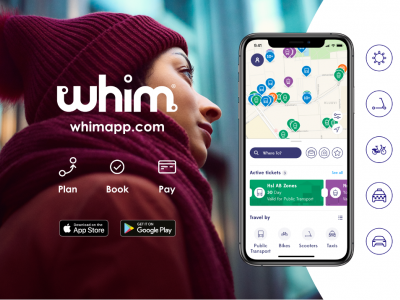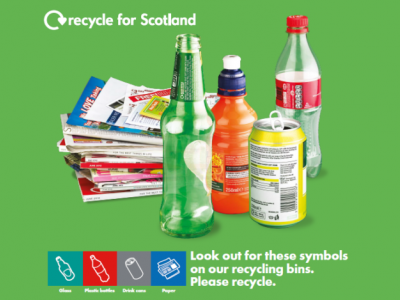![]() Policy & Cooperation
Policy & Cooperation ![]() UK
UK ![]() Making a difference together
Making a difference together
picture on top: Zero Waste Scotland
Zero Waste Scotland exists to lead Scotland to use products and resources responsibly, focusing on where we can have the greatest impact on climate change. We are a not-for-profit environmental organisation, funded by the Scottish Government and European Regional Development Fund. Using evidence and insight, our goal is to inform policy, and motivate individuals and businesses to embrace the environmental, economic, and social benefits of a circular economy.
What is the mission of the project?
Reducing our demand for raw materials and energy, and maximising the life of products and materials, could significantly reduce our emissions.
Where and when did the project start?
Scotland — 2014.
Where is the project offered today?
Scotland, United Kingdom of Great Britain.
To whom is this project aimed? Who belongs to your target group?
As an individual, you have the power to change the country. Not only that, but you also have the power to help transform the world! By better understanding the role we can all play and by making more informed choices going forward, we all have the opportunity to play a part. So that means everyone is part of our target group.
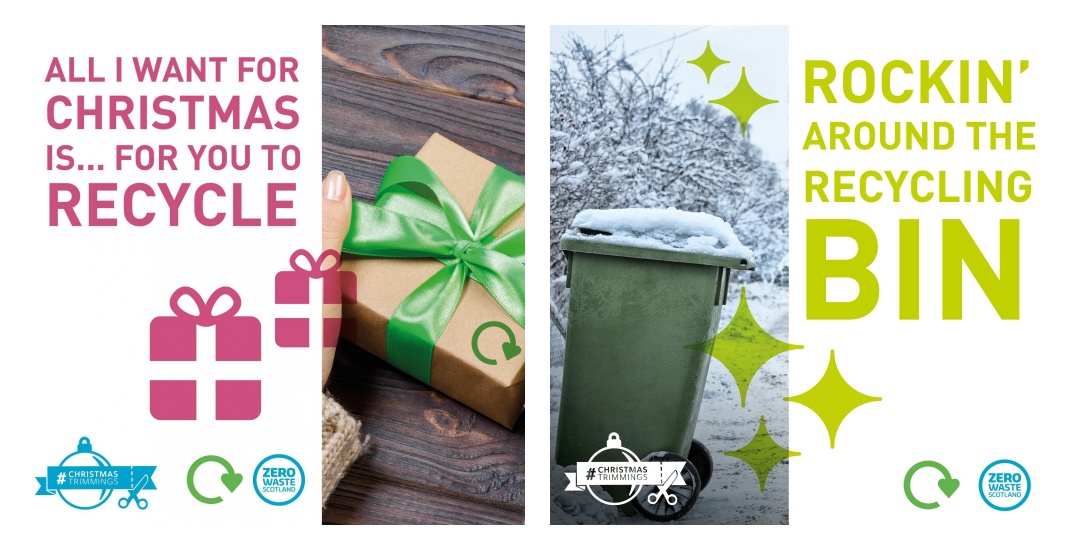 pictures: Zero Waste Scotland
pictures: Zero Waste Scotland
What do you consider to be the most innovative aspects of your concept?
We will direct with evidence, inspire by demonstration, and influence through partnerships and promotion.
We will monitor the carbon footprint for Scotland, published each year by the Scottish Government, to monitor changes in the share related to the production, consumption and waste of products and resources that Scots consume. We will also conduct a range of analysis to track progress.
To demonstrate our contribution to the achievement of these targets and the National Performance Framework, we will report on indicators that will show what our work is doing to help environmental, social and economic benefits in Scotland. To help with this, some new indicators will be developed.
What are the most important impacts of the project in terms of sustainability?
Preventing food waste and saving natural resources will help all communities. A circular economy can also protect Scotland’s natural assets, helping to safeguard the environment and the nation’s valuable reputation as a clean and attractive place to live and work.
Which aspects are particularly interesting from a design perspective?
In this way we build for us the world where we love to live and where we use the available resources responsibly. All the areas we work on are important for a nice and peaceful living together. So in a design perspective we design life.
Do you also offer the service digitally?
We have a great big website with many applications and tools to show you how to be sustainable in different areas. For example, our project “Love food hate waste”. We have a guideline for an easy waste-free and fabulous Christmas dinner suitable for the holidays. For this area we have a newsletter where you get some tasty stuff every month. But there are many others. Another example is a guideline for a circular business model. You can also contact us on our website to get more information. We also maintain our social media channels to enable direct exchange with you.
What are some interesting numbers about the project?
We are transforming attitudes about food waste. We have helped to reduce household food waste by 7% between 2011 and 2015 and supported councils, which now provide food waste recycling services for 80% of Scottish households.
Also, we supported the implementation of the 5p carrier bag charge which saw distribution of single-use bags fall by 80% in the first full year since it came into effect. These are just some examples from many.
What happens next? What are your goals?
Currently we are working on our corporate plan (2019-23) – Using products and resources responsibly. For Zero Waste Scotland, that means we will lead Scotland to use products and resources responsibly. Our goal is to make Scotland a pioneer of the circular economy, just as we were a pioneer of the industrial revolution.
